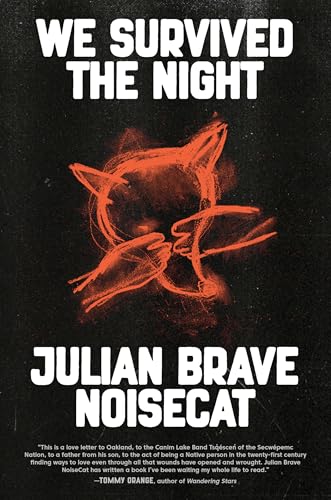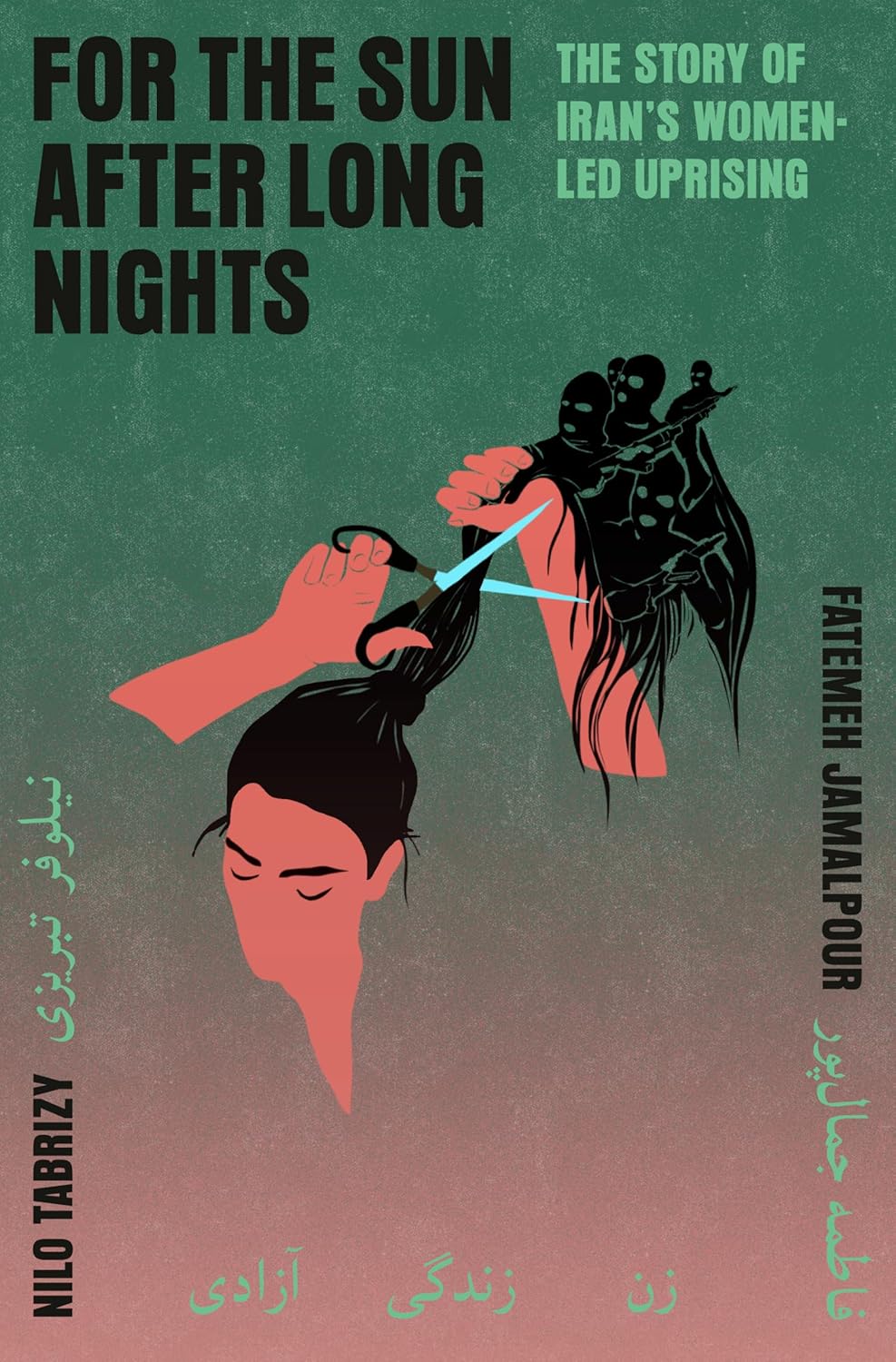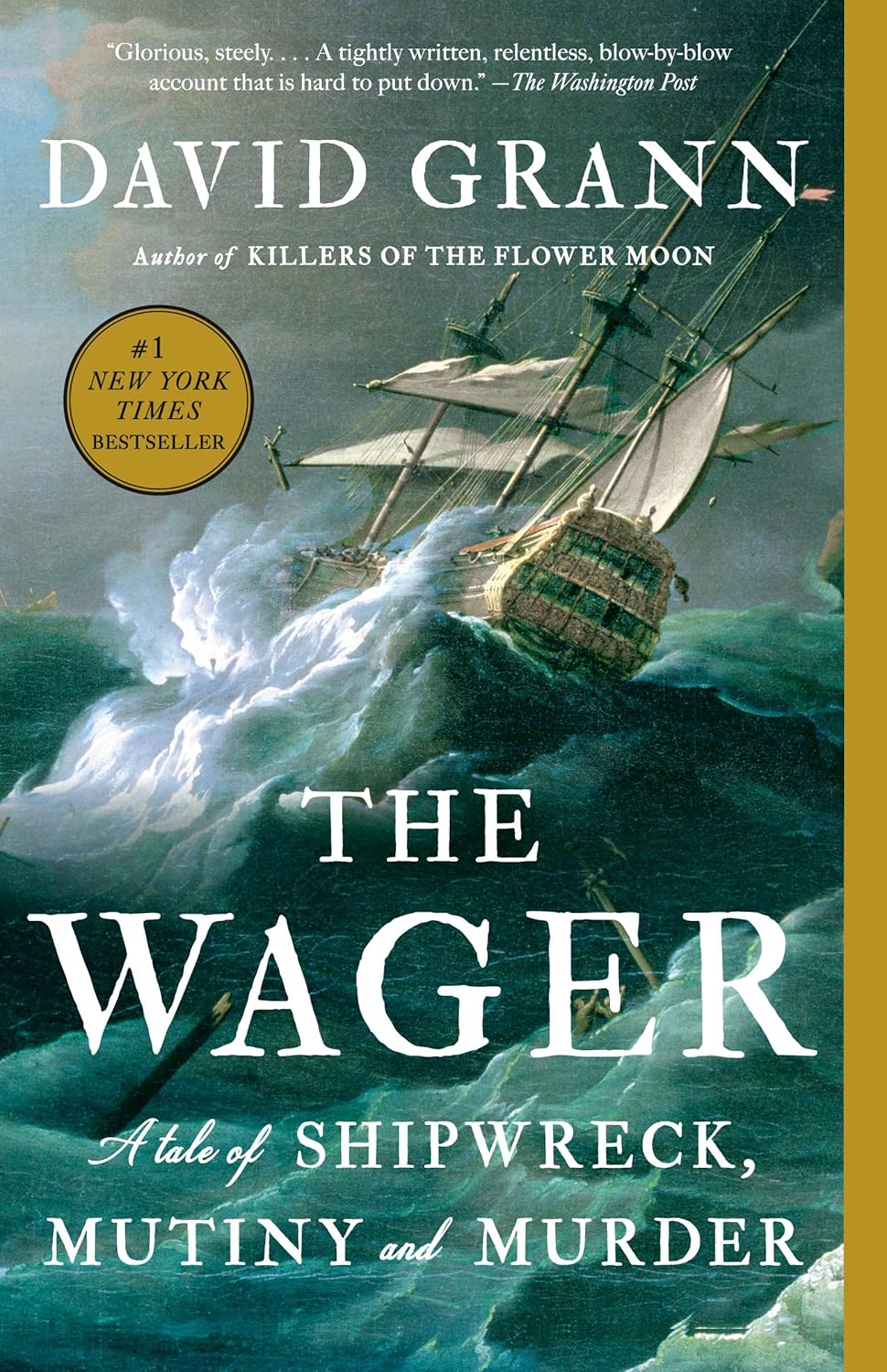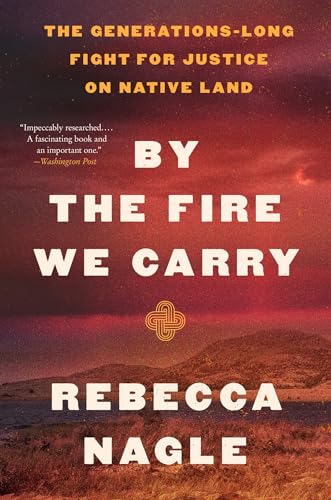- Sep 15 - Oct 11
- 6,644 entries
- US only
Unravel one of history's greatest mysteries in this spellbinding narrative exploring three leading theories of Amelia Earhart’s tragic disappearance.
When Amelia Earhart’s plane disappeared in 1937, the clues poured in, attracting wild conspiracies about her tragic fate.
In Lost, former National Geographic reporter Rachel Hartigan delves into Earhart’s disappearance, introducing a host of eccentric characters who have become obsessed with finding the truth. Did the great aviator crash land near the Marshall Islands, only to be captured by Japanese soldiers? Did she manage to land on Nikumaroro Island but die of injury or starvation? Or did she run out of fuel and crash into the ocean?
Interspersed with the search for Earhart is the story of her extraordinary her unstable childhood, her itinerant early career, and how a PR-savvy publisher transformed her into an aviation icon and became her husband in an unconventional marriage.
In the spirit of nonfiction blockbusters like The Lost City of Z, Hartigan draws us into the world of Earhart's devotees and unspools a beguiling tale. The theories lead Hartigan from the pilot's birthplace of Atchison, Kansas to an expedition on a remote Pacific Island, where forensic dogs attempt to recover a potential sample of Earhart’s DNA.
As tantilizing new evidence mounts, Hartigan and her fellow investigators descend deeper into a world of conspiracy and obsession. Through its irresistible characters and prodigious research, Lost reveals not just why we remember Amelia Earhart as a trailblazer and adventurer, but why unsolved mysteries keep us forever searching for answers.
When Amelia Earhart’s plane disappeared in 1937, the clues poured in, attracting wild conspiracies about her tragic fate.
In Lost, former National Geographic reporter Rachel Hartigan delves into Earhart’s disappearance, introducing a host of eccentric characters who have become obsessed with finding the truth. Did the great aviator crash land near the Marshall Islands, only to be captured by Japanese soldiers? Did she manage to land on Nikumaroro Island but die of injury or starvation? Or did she run out of fuel and crash into the ocean?
Interspersed with the search for Earhart is the story of her extraordinary her unstable childhood, her itinerant early career, and how a PR-savvy publisher transformed her into an aviation icon and became her husband in an unconventional marriage.
In the spirit of nonfiction blockbusters like The Lost City of Z, Hartigan draws us into the world of Earhart's devotees and unspools a beguiling tale. The theories lead Hartigan from the pilot's birthplace of Atchison, Kansas to an expedition on a remote Pacific Island, where forensic dogs attempt to recover a potential sample of Earhart’s DNA.
As tantilizing new evidence mounts, Hartigan and her fellow investigators descend deeper into a world of conspiracy and obsession. Through its irresistible characters and prodigious research, Lost reveals not just why we remember Amelia Earhart as a trailblazer and adventurer, but why unsolved mysteries keep us forever searching for answers.
- History
- Non-fiction





